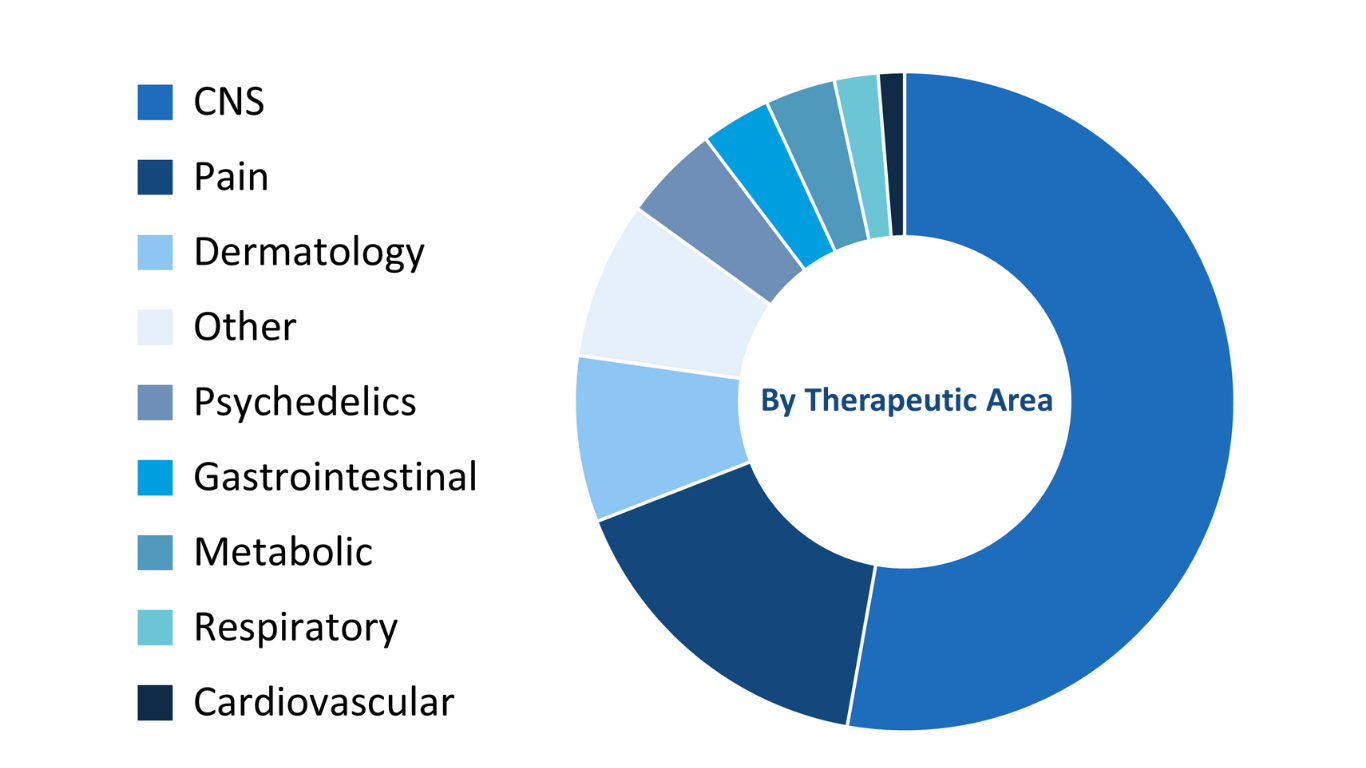Effective project management is vital to the success of a clinical trial, helping to ensure that studies are conducted smoothly, efficiently, and in line with strict regulations. Clinical trials are complex, involving multiple teams, sites, and strict timelines. Without strong project management, even the best-designed studies can hit significant delays, face rising costs or even fail to begin.
What does a project manager do?
A project manager (PM) is responsible for coordinating all aspects of a study, from planning to execution. Here’s a look at what they do:
- Planning: Developing a detailed project plan that outlines the study’s goals, timelines, budget and resource allocation.
- Team coordination: Managing various teams, including clinical monitors, data managers, vendors, and site coordinators, to ensure everyone is on the same page.
- Risk management: Identifying potential risks early on and creating strategies to address them, minimising delays and ensuring participant safety.
- Budget oversight: Keeping track of the project’s budget to ensure resources are used effectively and the study remains financially viable.
- Communication: Acting as the central point of contact, ensuring that all stakeholders, from team members to sponsors, are informed about the project’s progress.
Why good project management matters
- Regulatory compliance: Clinical trials must follow strict regulations set by bodies like the MHRA. Effective project management ensures that all aspects of the study comply with these regulations, reducing the risk of penalties, delays or compromised data integrity.
- Efficient resource use: Clinical research can be extremely costly. A well-organised PM helps optimise the use of time, personnel, and finances, ensuring that the study stays within budget and resources are not wasted.
- Meeting Timelines: Delays in clinical trials can have significant financial consequences. Good project management keeps the study on schedule, which is crucial for timely data collection and analysis.
- Maintaining Data Quality: Reliable and accurate data are essential for drawing valid conclusions. PMs help maintain data quality by ensuring all processes are followed correctly and any issues are resolved quickly.
From planning to closure: MAC’s project management approach
At MAC, our project management team is dedicated to guiding clinical trials through every stage of the project lifecycle, ensuring high-quality outcomes and sponsor satisfaction.
Our team adheres to gold-standard principles, methodologies, and tools that are customised for individual projects to ensure their success. Each clinical trial is assigned a dedicated PM who has overall responsibility for delivering the project on time and within budget while maintaining the highest quality standards. This PM leads a cross-functional team to navigate the complexities of the trial, keeping everything aligned with the project’s goals.
Our process is structured around the five stages of the project lifecycle:
Project Initiation: This stage involves resource planning and setting up the project through kick-off meetings and establishes a solid foundation for the trial.
Project Planning/Design: We focus on detailed communication planning, role assignment, and risk assessment with mitigation and contingency strategies, ensuring everyone knows their responsibilities and potential issues are pre-emptively addressed.
Project Execution: Regular team meetings and continuous review of risk mitigation strategies help keep the trial on track and adaptable to any changes.
Monitoring & Controlling: Ongoing project status updates and effective scope and change management ensure the trial progresses as planned, with any necessary adjustments made promptly.
Project Closure: We conduct thorough project close-out meetings and review lessons learnt, ensuring that all documentation is archived and the project is officially closed.
MAC’s project governance approach provides senior management with clear oversight through regular updates and a structured escalation process for any issues that cannot be resolved by the project team. This ensures that every clinical trial we manage is conducted efficiently, ethically, and with a focus on high-quality results.
Hollie Hulme, Associate Director of Project Management at MAC, explains our dedication to efficient and high-quality clinical trial management:
“Clinical trials are challenging, but with our project management team’s 164 years of clinical research expertise, we know what it takes to make the process manageable and efficient. At MAC, we’re committed to ensuring every trial is delivered on time, within budget, and to the highest standards so that our Sponsors can focus on what truly matters.”
In the world of clinical research, effective project management is not just a nice-to-have; it’s essential. It keeps the study organised, compliant, and on track, allowing researchers to focus on what’s most important: generating reliable data that can improve patient care and advance medical knowledge. Without a skilled PM, even the most promising clinical trials can face significant setbacks, wasting time and money, and potentially impacting patient safety.
Read more about our project management team here, or contact us to find out how we can help support your study here.











